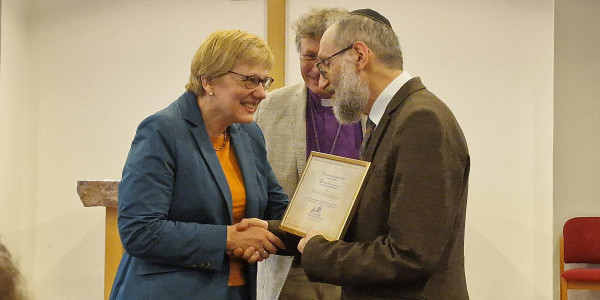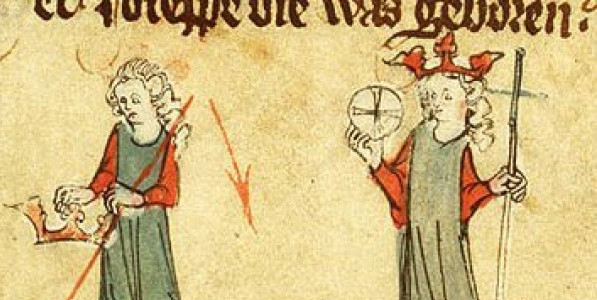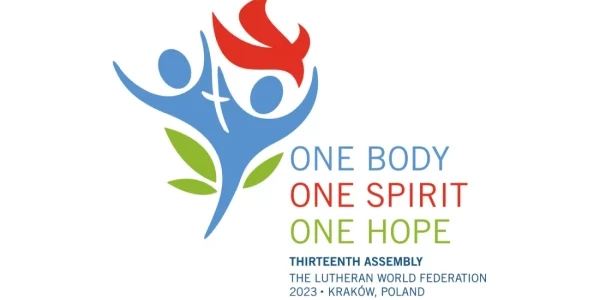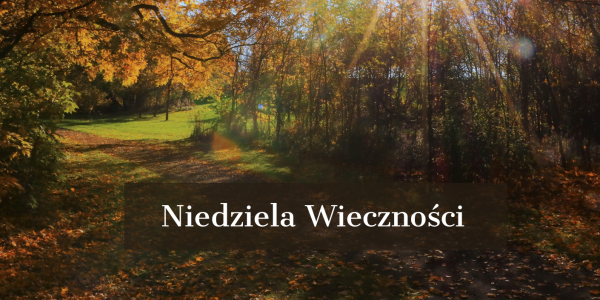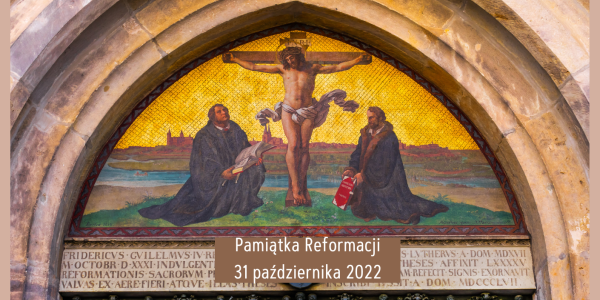Na stronie od 2004-01-06
The portrayal of the Passion of Jesus is one of the most difficult subjects in
the history of Jewish-Christian relations. Whenever and however it is told,
the Passion sets the Jew Jesus, his Jewish disciples, other Jewish leaders, a
larger Jewish community of considerable diversity, a Roman governor, Roman
soldiers, and God in a complex web of relationships.
Because Christianity and Rabbinic Judaism developed into separate faith
communities, each claiming to be the authentic continuation of biblical
Israel, the Passion story has also borne the weight of conveying Christian
understandings of how such a separation came about.
